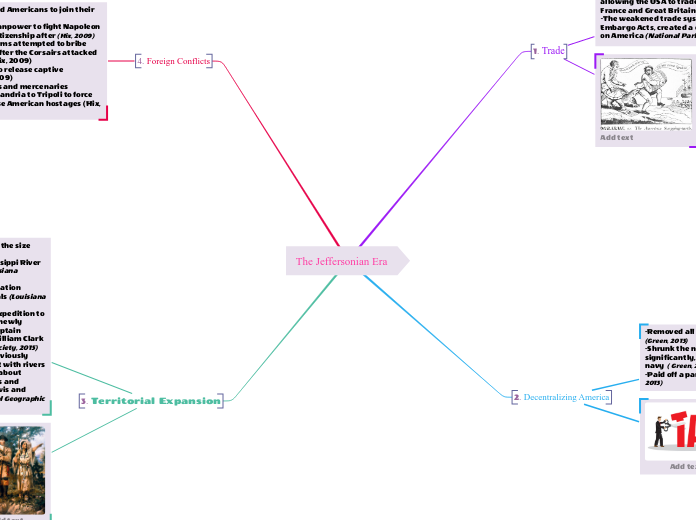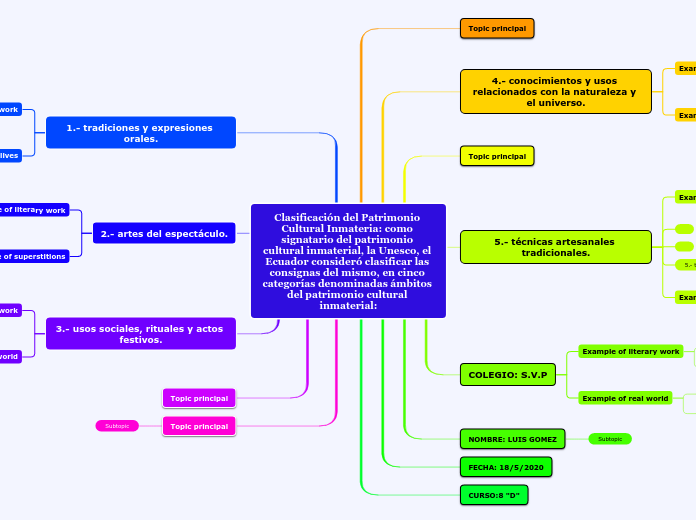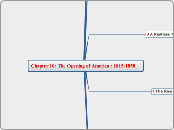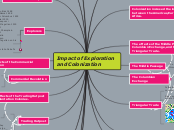av Abi Toms 1 år siden
113
The Jeffersonian Era
During the Jeffersonian Era, the United States underwent significant territorial expansion through the Louisiana Purchase, which doubled the nation's size and provided control over the Mississippi River and the Port of New Orleans.









